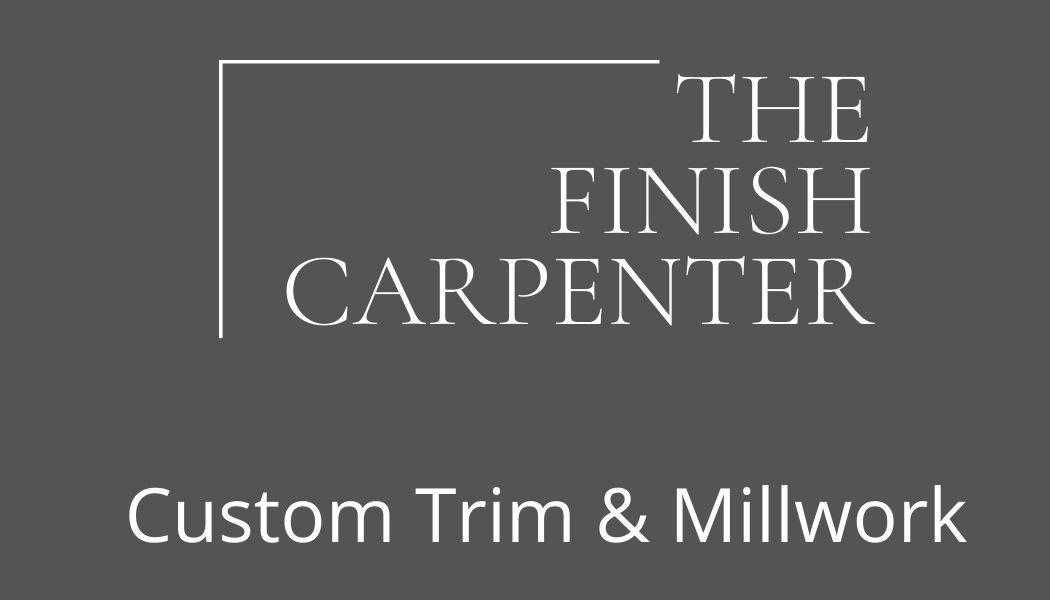Shiplap Fireplaces: Pros, Cons & Design Tips for a Modern Home
A fireplace is often the centerpiece of a living room — a natural gathering spot that sets the tone for your home’s style. In recent years, shiplap fireplaces have surged in popularity thanks to their clean lines, warm texture, and budget-friendly installation. But is shiplap the right choice for your space?
Below, we’ll explore the pros and cons, common design considerations, and how to decide if shiplap will enhance your home in Toronto.
🔥 What Is a Shiplap Fireplace?
Shiplap consists of horizontal boards with a slight gap or groove that creates a subtle shadow line. While traditionally used in coastal and farmhouse architecture, shiplap has evolved into a versatile interior finish—especially as a fireplace surround material.
When used around a fireplace, shiplap adds texture, character, and a sense of vertical or horizontal flow depending on how it’s installed.
✅ Pros of a Shiplap Fireplace
1. Adds Warmth & Visual Texture
Shiplap introduces a textured, layered look that instantly makes a room feel cozier. Its clean lines draw attention upward, making ceilings feel higher and walls feel more expansive.
2. Budget-Friendly vs. Stone or Brick
Compared to tile, stone veneer, or masonry, shiplap is often much more affordable. MDF and wood panels are cost-effective, and installation can be straightforward — especially if the wall is already framed.
3. Works With Multiple Design Styles
While often associated with modern farmhouse aesthetics, shiplap can also complement:
Coastal
Scandinavian
Rustic
Cottage
Transitional
Even minimalist designs
Its simplicity makes it adaptable.
4. Paintable & Highly Customizable
You can tailor shiplap to your room by adjusting:
board width
orientation (horizontal, vertical, chevron)
color
spacing/gap size
White is a safe classic, but deep charcoal, beige, and even black are trending.
5. Creates a Strong Focal Point
A fireplace should anchor the room — and shiplap naturally draws the eye. Artwork, mantels, or TVs stand out beautifully against it.
❗ Cons of a Shiplap Fireplace
1. Requires Strict Heat Safety
The most important consideration: shiplap is combustible.
Building codes require minimum clearances between wood products and your firebox. If you’re using a wood-burning or gas fireplace, you may need:
a non-combustible surround around the firebox
fire-rated materials
additional spacing
Improper installation can pose a safety hazard.
2. Can Warp or Crack Over Time
With heat exposure, real wood can shift, warp, or develop hairline cracks. MDF, while smooth and paint-ready, can swell in humid climates or if moisture sneaks in behind the boards.
3. May Be Trend-Heavy
Shiplap’s popularity surged thanks to shows like Fixer Upper, meaning some homeowners view it as a trend that could date your home in a decade. For resale-conscious homeowners, a more “timeless” stone or brick fireplace may hold longer-term appeal.
4. Requires More Frequent Cleaning
Dust and soot easily settle into the grooves. Homes with active fireplaces (especially wood-burning ones) may notice ash buildup in the seams more than on flat wall finishes.
5. Professional Installation Is Recommended
A beautifully finished shiplap fireplace requires:
straight, level lines
consistent gaps
a flat underlying surface
DIY is possible, but mistakes are highly visible.
🎨 Design Tips for a Stunning Shiplap Fireplace
1. Choose the Right Material
Electric fireplaces: most flexible; standard wood/MDF shiplap usually works fine.
Gas fireplaces: check manufacturer clearance requirements; often need a non-combustible zone around the firebox.
Wood-burning fireplaces: safest approach is to combine shiplap with tile or stone directly around the opening.
2. Don’t Be Afraid of Color
White is classic, but darker tones can make a fireplace feel elegant and modern:
Charcoal gray
Matte black
Greige
Sage green
Vertical shiplap + dark paint = contemporary, polished look.
3. Consider TV Placement
If you plan to hang a TV above the fireplace:
ensure heat output won’t impact electronics
recess wiring before installing boards
choose wider boards for a clean backdrop
4. Add a Stylish Mantel
A floating wood mantel can warm up painted shiplap beautifully.
Rustic oak, walnut, and reclaimed beams are popular choices.
5. Think About Board Orientation
Horizontal → cozy, traditional
Vertical → modern, height-enhancing
Chevron → custom, eye-catching
Orientation dramatically changhttps://www.thefinishcarpenter.ca/shiplap-fireplaced You Choose a Shiplap Fireplace?
A shiplap fireplace is a fantastic option if you love:
cozy texture
a bright or modern farmhouse feel
customizable design
a budget-friendly upgrade
However, it’s not the best fit if you prefer:
extremely low maintenance
timeless natural materials like stone
a high-heat wood-burning fireplace with no insert
Ultimately, the right choice comes down to your style, your fireplace type, and how much maintenance you’re comfortable with. At The Finish Carpenter, we specialize in the custom design & installation of top quality Shiplap Fireplaces, contact us a call today to discuss your project requirements.

